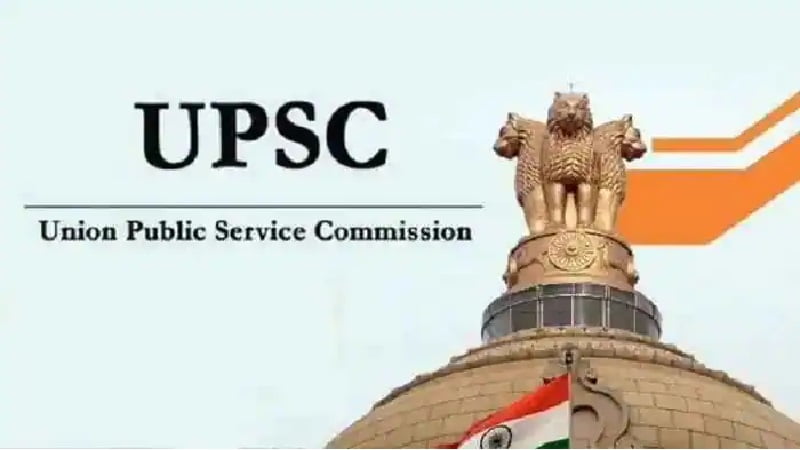Last month, the Union Public Service Commission (UPSC) introduced amendments to its guidelines for the appointment of State Director General of Police (DGPs). Under the revised guidelines, only police officers with a minimum of six months of service remaining before retirement will be eligible for consideration for the position of DGP in a State.
In another significant change, the Empanelment Committee established by the UPSC will no longer evaluate Indian Police Service (IPS) officers on central deputation for a State DGP’s position if the Union Ministry of Home Affairs (MHA) informs the State government that it’s unable to relieve the officers.
These amendments make explicit what were previously considered unwritten norms. Some States have appointed DGPs on the brink of retirement, while others have designated acting DGPs to avoid the UPSC selection process. These revised guidelines are aimed at discouraging States from appointing “favorite officers” who are about to retire in an effort to prolong their tenure.
The amended guidelines, issued on September 22 and sent to States on September 26, also permit officers with 25 years of experience to be appointed as a DGP, as opposed to the earlier requirement of a minimum of 30 years of service. The number of shortlisted officers cannot exceed three, but exceptions can be made in “exceptional circumstances.”
Furthermore, officers will not be included in the panel unless they are willing to accept the appointment.
These changes to UPSC guidelines come in response to several States choosing to appoint acting DGPs instead of regular DGPs, bypassing the requirement to select from the UPSC’s panel of eligible officers. States such as Uttar Pradesh, Punjab, Andhra Pradesh, and Telangana have all appointed “in-charge” DGPs or DGPs with “full additional charge.”
Former Punjab DGP V.K. Bhawra has filed a case with the Central Administrative Tribunal against the appointment of Gaurav Yadav as the acting DGP by the state government in Punjab. Mr. Bhawra was transferred midway through his term, even though UPSC rules stipulate a two-year fixed tenure for a State DGP.
The UPSC first established guidelines for the preparation of a panel for State DGP appointments in 2009, following the Supreme Court’s 2006 verdict in the police reforms case. This verdict, a result of a petition by former DGP Prakash Singh of Uttar Pradesh, led to a series of directions requiring the State government to select the DGP from among the three most senior officers of the department who have been empanelled for promotion to that rank by the UPSC, based on their length of service, excellent service record, and range of experience suitable for leading the police force.
The committee responsible for appointing the State DGP is chaired by the UPSC Chairman and includes the Union Home Secretary, the State’s Chief Secretary, the DGP, and one of the heads of the Central Armed Police Forces nominated by the MHA, provided they are not from the same State cadre.



















